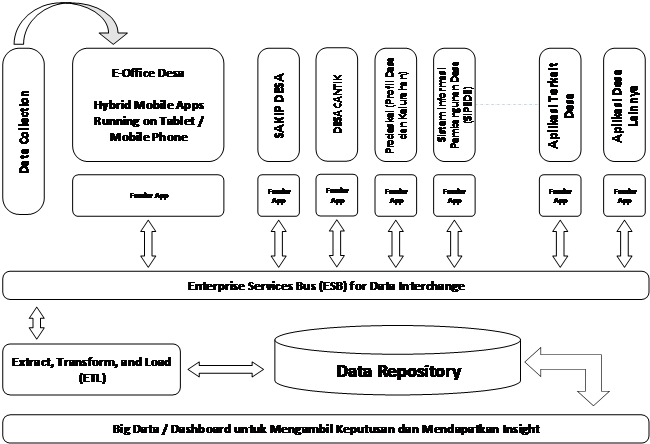Difference between revisions of "HDX Team 1 - Connected Dream Village"
Jump to navigation
Jump to search
imported>Jouble84 |
imported>Jouble84 |
||
| Line 26: | Line 26: | ||
=== Logical framework Matrix === | === Logical framework Matrix === | ||
Logical Framework Approach is a good analytical tool in the assessment, follow-up and evaluation of a project using a logical approach. The logical approach in this case is to build a hierarchy of logical frameworks that are oriented towards project goals to help clarify project or program objectives, identify causative relationships between inputs, processes or activities, outputs, outcomes and impacts. In table below showing the logical framework matrix of this project. | Logical Framework Approach is a good analytical tool in the assessment, follow-up and evaluation of a project using a logical approach. The logical approach in this case is to build a hierarchy of logical frameworks that are oriented towards project goals to help clarify project or program objectives, identify causative relationships between inputs, processes or activities, outputs, outcomes and impacts. In table below showing the logical framework matrix of this project. | ||
[[File:LogFrame.jpg]] | |||
=== Timeline === | === Timeline === | ||
Revision as of 11:42, 30 July 2021
HDX Team 1 - Connected Dream Village
Identification
Background
In West Java Province, Located 211 km from Jakarta, Population 1,2M Poverty 9.07% (2019), 10,26% (2020).
General Information
Existing Condition
E-office Desa Master Plan
E-office Desa Current Implementation
Problem and Objectives Analysis
Stakeholder Analysis
Problem Analysis
Solution Analysis / Analysis of Objectives
Strategy Selection
Project Outcome and Output
Logical framework Matrix
Logical Framework Approach is a good analytical tool in the assessment, follow-up and evaluation of a project using a logical approach. The logical approach in this case is to build a hierarchy of logical frameworks that are oriented towards project goals to help clarify project or program objectives, identify causative relationships between inputs, processes or activities, outputs, outcomes and impacts. In table below showing the logical framework matrix of this project.
Timeline
Resources
Project Implementation and Testing
- Develop enterprise service bus (ESB) for data interchange using feeder application
- Enterprise Service Bus
- Enterprise Service Bus (ESB) is a centralized software component that integrates various applications and systems. ESB performs data transformation, message routing between applications, and translates various communication protocols owned by each system. ESB can be implemented using WSO2, an open-source software available in the market.
- Feeder App
- Feeder App is an application built to bridge data collection from each village application. The data taken from each village application will be sent to the Enterprise Service Bus.
- Extract, Transform, and Load (ETL)
- The data collected on the Enterprise Service Bus will be standardized and stored with an ETL process. In this process each data will be uniformed, cleaned, and improved data quality. This ETL process can be implemented using Pentaho, an open-source software available in the market.
- Data Repository
- Any data that has been standardized, whether in the form of relational data, time-series, or documents will be saved to a Data Repository. This Data Repository can be a Data Warehouse, which can be deployed using PostgreSQL or it can also be a Data Lake, which can be deployed in HDFS with Apache Hive.
- Dashboard For Decision Maker
- Structured data stored in the Data Repository can be displayed in a decision-making dashboard. This dashboard can be built based on the district, budget, or main function. This dashboard can be implemented with Metabase, an open-source software available in the market.
- Mockup System
- Feeder app mock up
- Capacity building program & LMS mock up
- Mockup System
- Create program of data supplier capacity building
Project Output
Appendixes
Team Members
- Aris Winarna
- Anang Latif
- Anastasya Yolanda
- Danny Januar Ismawan
- Florence Francis
- I Gusti Ayu Laxmy Saraswaty
- I Kadek Agus Arya Wibawa
- Ketut Agus Indra Diatmika
- Nasir Ahmad
- Tri Haryanto
